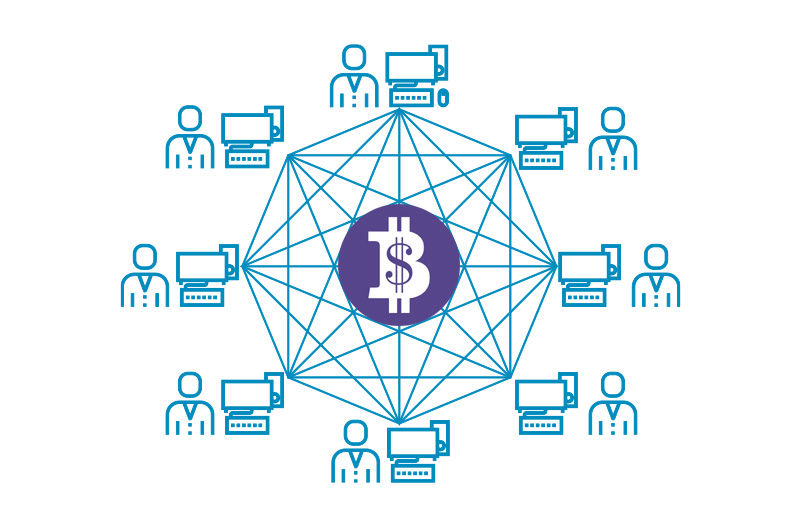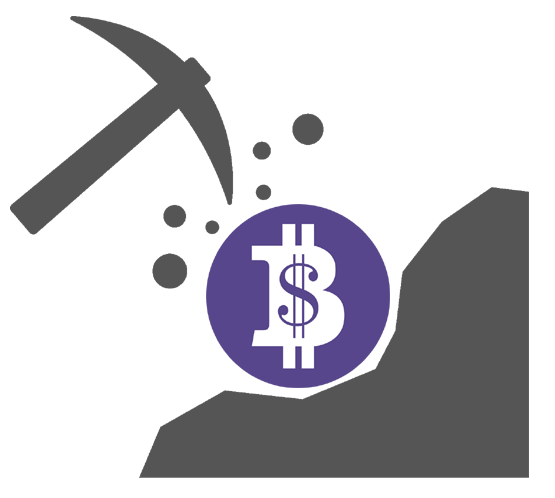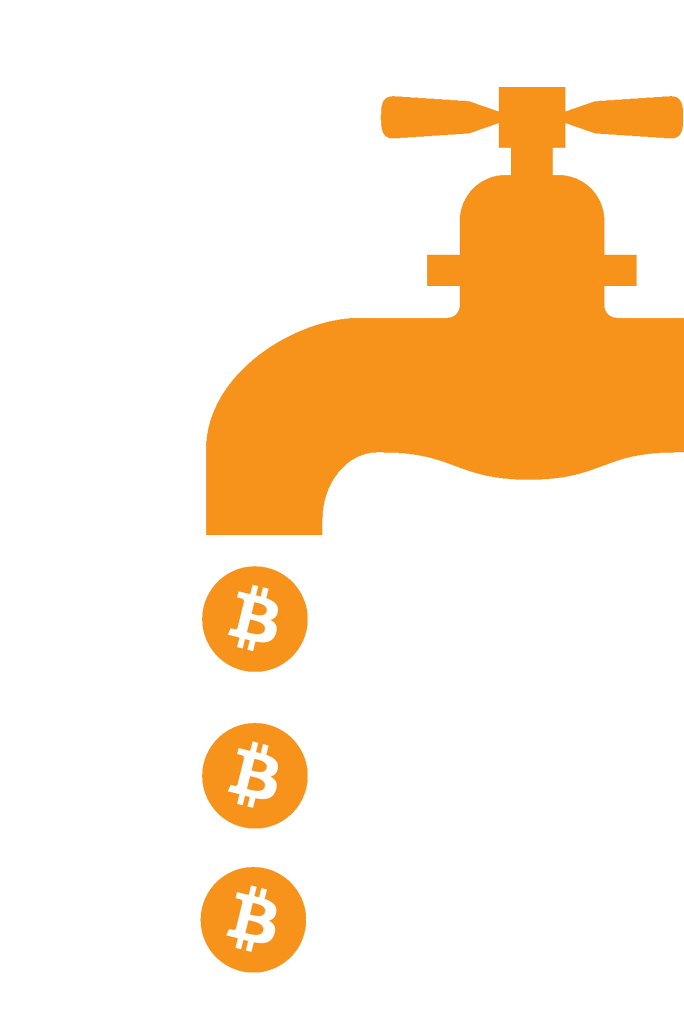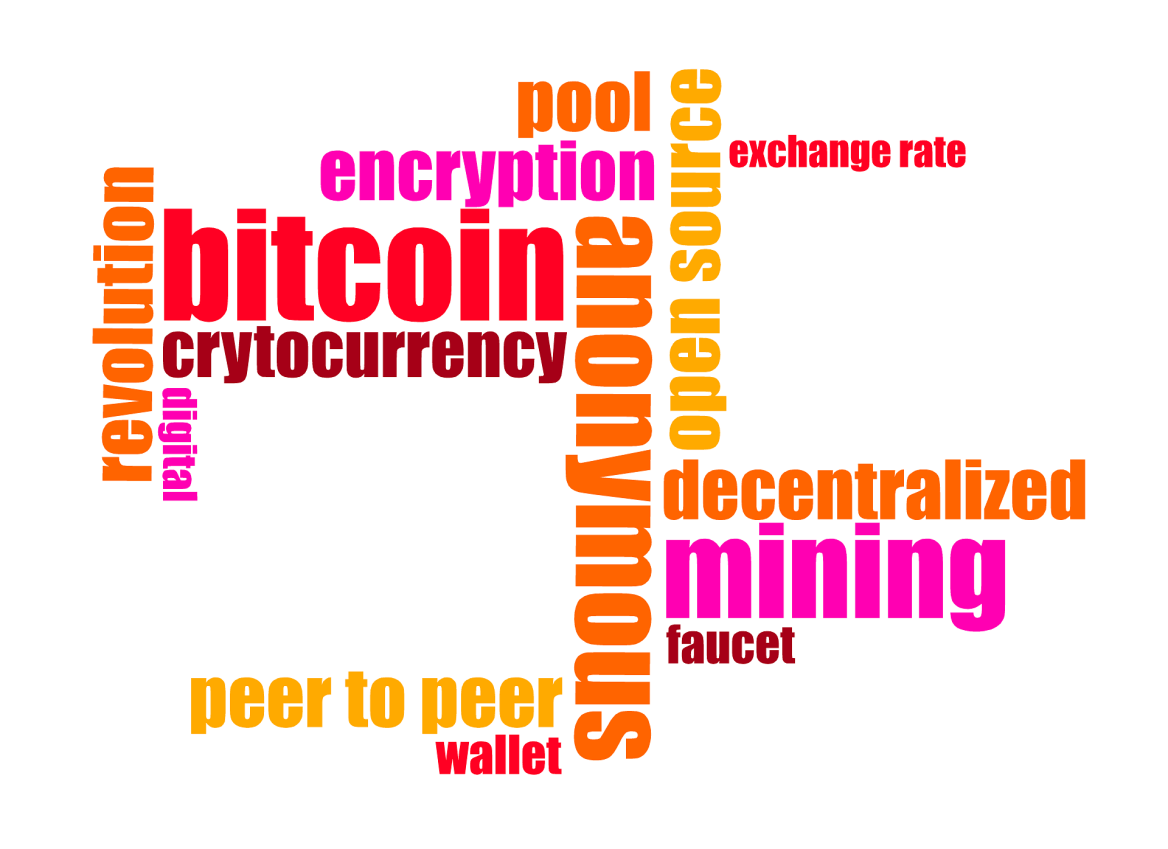CRYPTO & MINING
Support the BTD network by running your own full software, mobile, laptop or server node.


A full node is a program that fully validates transactions and blocks. Almost all full nodes also help the network by accepting transactions and blocks from other full nodes, validating those transactions and blocks, and then relaying them to further full nodes. Most full nodes also serve lightweight clients by allowing them to transmit their transactions to the network and by notifying them when a transaction affects their wallet. If not enough nodes perform this function, clients won’t be able to connect through the peer-to-peer network—they’ll have to use centralized services instead. Many people and organizations volunteer to run full nodes using spare computing and bandwidth resources—but more volunteers are needed to allow BTD to continue to grow.
Mine Bitcoin Dollars easily on the cloud, desktop computer, laptop, ipad or mobile without having to buy hardware, or plug your own hardware into the world’s highest paying mining pool.

We offer all Bitcoin Dollars mining. You can also choose to automatically mine the most profitable coin.
Start mining immediately with our Bitcoin Dollars cloud mining software! 100% guaranteed uptime.
Start mining with your own mobile, laptop, desktop or ASIC hardware and benefit from our high payouts.
Upon successful completion of the cryptocurrency mining procedure, miners receive a reward, typically in the form of the associated cryptocurrency. In the case of a mining pool, the reward is usually split among the miners based on the agreed terms and on their respective contributions to the mining activity through production of valid proof of work.
Anyone who wants to make a profit through cryptocurrency mining has the choice to either go solo with her own dedicated devices or to join a mining pool where multiple miners and their devices combine to enhance their hashing output. For example, attaching six mining devices that each offers 335 megahashes per second (MH/s) can generate a cumulative 2 gigahashes of mining power, thereby leading to faster processing of the hash function.



Not all cryptocurrency mining pools function in the same way. There are, however, a number of common protocols which govern many of the most popular mining pools.
Proportional mining pools are among the most common. In this type of pool, miners contributing to the pool's processing power receive shares up until the point at which the pool succeeds in finding a block. After that, miners receive rewards proportional to the number of shares they hold.
Pay-per-share pools operate somewhat similarly in that each miner receives shares for his or her contribution. However, these pools provide instant payouts regardless of when the block is found. A miner contributing to this type of pool can exchange shares for proportional payout at any time. Peer-to-peer mining pools aim to prevent the pool structure from becoming centralized. As such, they integrate a separate blockchain related to the pool itself and designed to prevent the operators of the pool from cheating as well as the pool itself from failing due to a single central issue.



While success in individual mining grants complete ownership of the reward, the odds of achieving success is very low because of high power and resource requirements. Additionally, because many popular cryptocurrencies have become increasingly difficult to mine in recent years as popularity of these digital currencies has grown, mining is often not a profitable venture for individuals. The costs associated with expensive hardware necessary to be a competitive miner as well as electricity oftentimes outweigh the potential rewards.
Mining pools require less of each individual participant in terms of hardware and electricity costs, thereby increasing the chances of profitability. Whereas an individual miner might stand little chance of successfully finding a block and receiving a mining reward, a mining pool dramatically improves the success rate as the cumulative effort leads to better chances of finding a block, though the joint effort comes at the cost of shared reward.